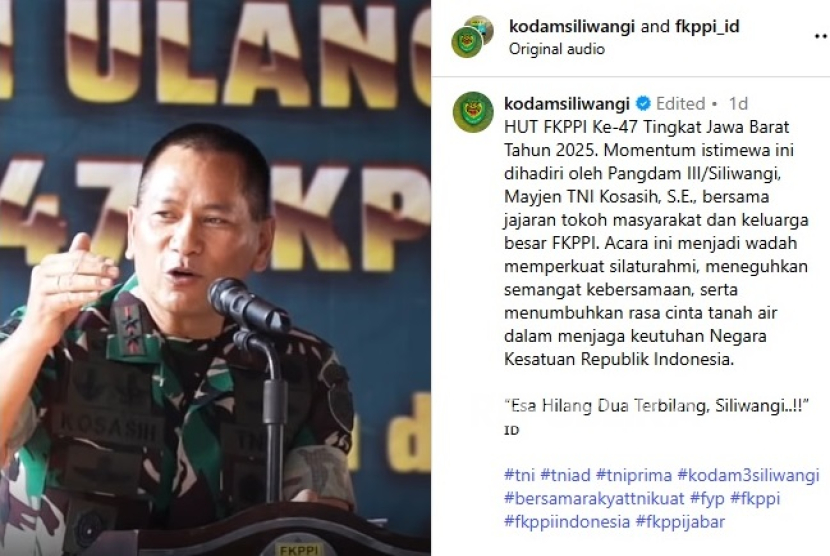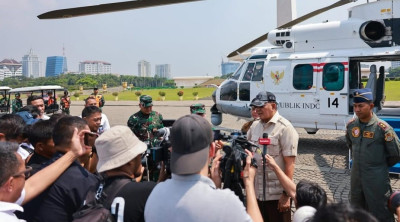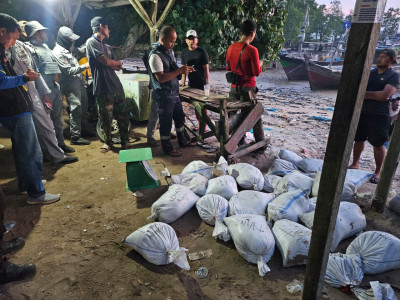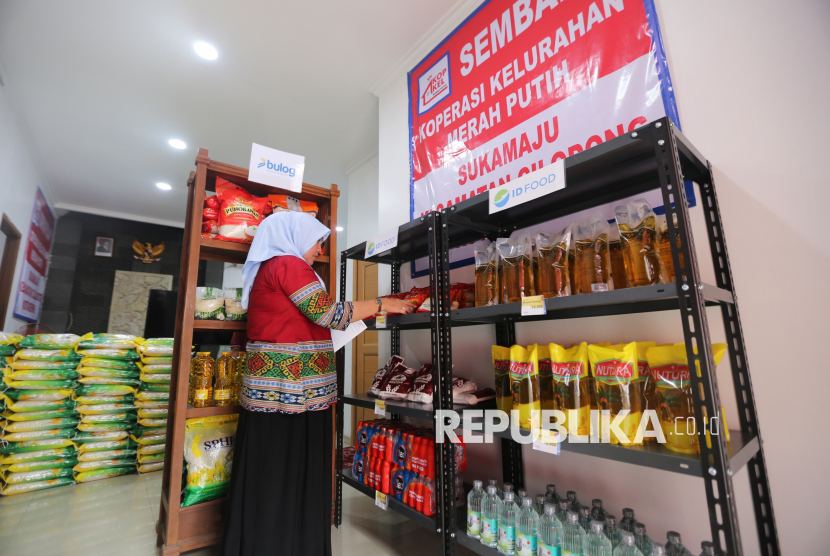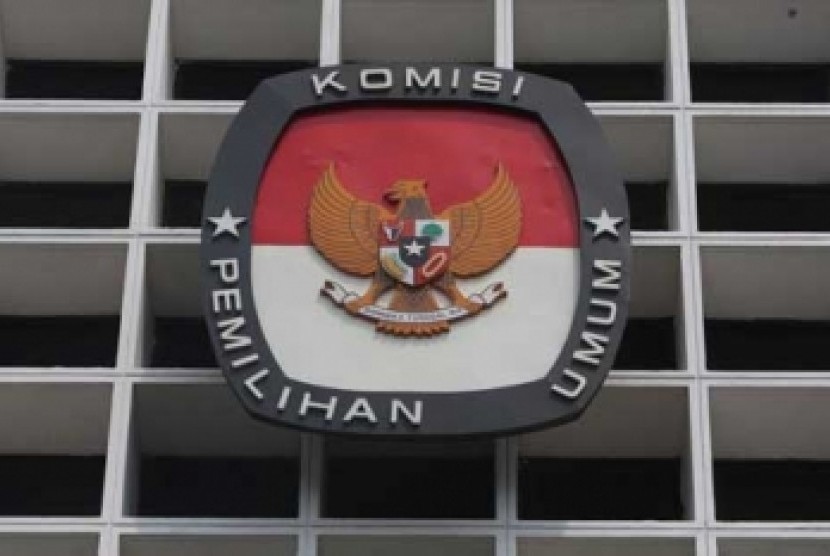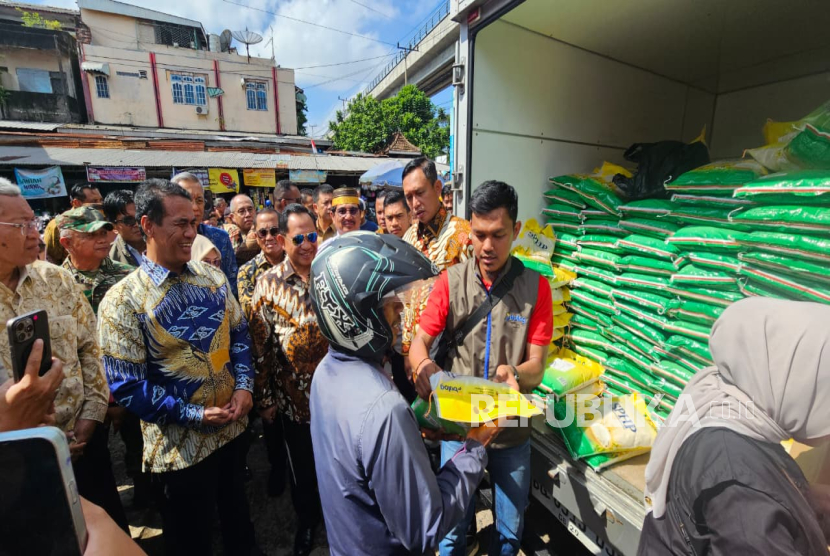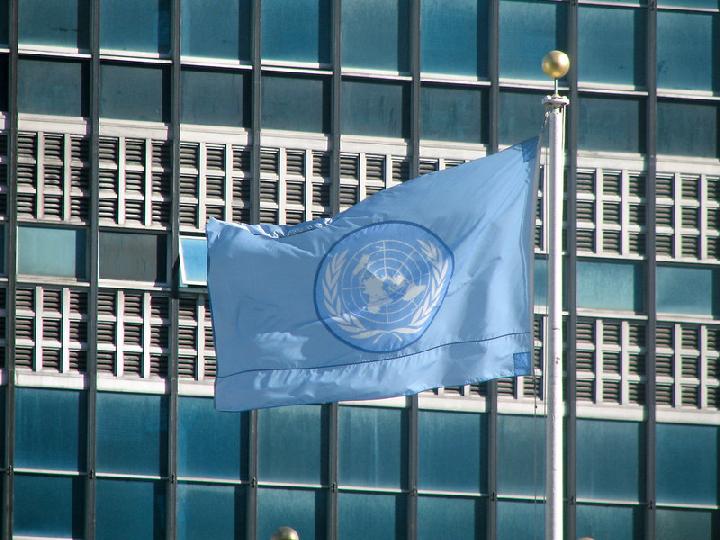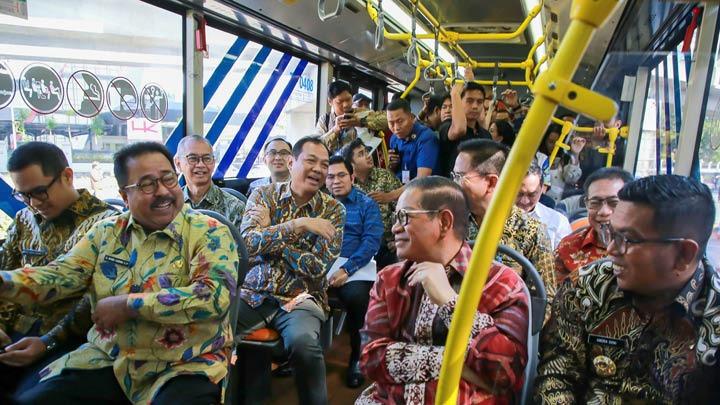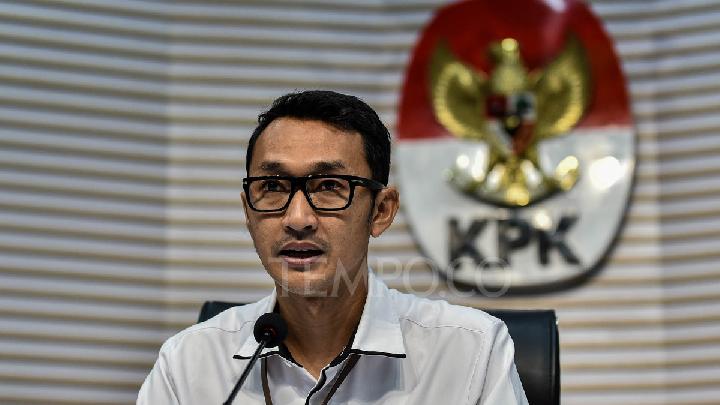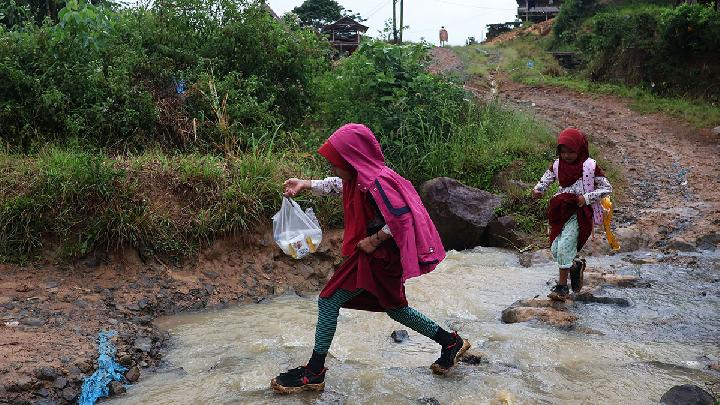September 1, 2025 | 04:47 pm

TEMPO.CO, Jakarta - The KPK uncovers a bribery scheme in the distribution of Indonesia’s 2024 additional hajj quota. It is time to end the government’s dual role as both regulator and operator.
UNLIKE other types of corruption, corruption in the hajj pilgrimage management involves two wrongdoings in one. Firstly, it harms the state and millions of prospective pilgrims. Secondly, it manipulates the earnest desire of the faithful planning to undertake their obligations according to the fifth pillar of Islam.
The stronger the desire of prospective pilgrims to go to the Holy Land—whether it be for the first time or the latest of many visits—the greater the desire and opportunities for officials to make a profit. This is what has happened with the hajj corruption from regime to regime.
Most recently, the Corruption Eradication Commission (KPK) has uncovered alleged corruption in relation to the 2024 hajj pilgrimage, which has embroiled former Religious Affairs Minister Yaqut Cholil Qoumas. The KPK has banned Yaqut, as well as his former special staffer Ishfah Abidal Aziz, and owner of the Maktour pilgrimage travel agency Fuad Hasan Masyhur, from leaving the country.
This alleged corruption began when Indonesia obtained an additional hajj quota of 20,000 people, or one percent of the routine allocation of 221,000 pilgrims, from the Saudi Arabia government. According to Law No. 8/2019 on the Organization of the Hajj and Umrah Pilgrimages, the quota should have been distributed in line with the agreement previously reached with the House of Representatives (DPR), namely 92 percent for the regular hajj and 8 percent for the special hajj.
Yaqut circumvented this regulation by issuing Religious Affairs Minister Regulation No. 113 on January 15, 2024, which stipulates the allocation is distributed in proportion: 10,000 places for the regular hajj and 10,000 places for the special hajj. The KPK concluded that this change was suspicious, especially after discovering that bribes were paid to Religious Affairs Ministry officials responsible for organizing the special hajj. The average bribe was US$5,000, or around Rp81.7 million per special hajj seat.
But as well as the special hajj quota, the regular hajj quota was also manipulated. There are indications that the 10,000 additional hajj seats were not distributed as they should have been in accordance with the waiting list. Those who wanted to depart sooner had to pay a bribe. As a result, 8,400 prospective pilgrims who had been waiting up to 14 years failed to leave during the 2024 hajj season.
A number of illegal practices in the organization of the 2024 hajj pilgrimage were discovered by the DPR’s committee of enquiry in September 2024. Their findings were fairly comprehensive, from mistaken policies and chaotic distribution of the hajj quota to the ramshackle Integrated Hajj Computerization System, which provided opportunities for manipulation of the waiting list. But through lobbying and intrigues, the committee’s findings gradually faded away, until the alleged hajj corruption reemerged after the KPK’s discovery of apparent bribery in relation to the quota bribes at the beginning of 2025.
The hajj corruption has its roots in the mistaken view that a pilgrimage is like a commodity. The government’s position as both regulator and operator gives it authority that is vulnerable to abuse. At present, the government regulates the quota, decides on the catering and accommodation and manages the hajj funds.
Another bad provision is the division of the hajj into two classes: regular for ordinary people and special for the rich. This distinction is at odds with the essence of the hajj, which prioritizes togetherness, fairness, and equality of all the faithful in the eyes of the Creator. If President Prabowo Subianto does not want these crooked practices to continue, he needs to urgently carry out a comprehensive overhaul of the way the hajj is managed. Transferring the authority to organize the hajj from the Ministry of Religious Affairs to a new ministry will not change anything unless there are fundamental policy changes.
As a first step, the government could give up its role as operator. As regulator, the government could pass a regulation only allowing people to make the hajj pilgrimage once in their lifetimes. This would reduce the waiting time for the regular hajj, which currently stands at more than 40 years. It should also end the special Hajj option, leaving only one type of pilgrimage.
In terms of law enforcement, the investigation should not stop at Yaqut Cholil Qoumas. He must provide information about the involvement of other officials who benefitted from stealing from God’s guests.
Indonesian Gov't to Build Special Prison for Corruption Convicts
2 hari lalu

The government estimates that nearly Rp4 trillion for building special prison for corruptors. The discussion involves multiple ministries.
Religious Affairs Minister Says Ready to Assist Hajj Management Despite Authority Change
4 hari lalu
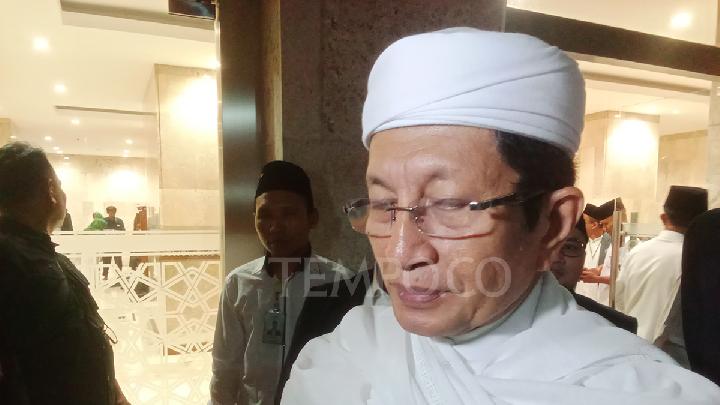
The Minister of Religious Affairs, Nasaruddin Umar, declared his readiness to assist in the implementation of hajj in 2026.
Today's Top 3 News: The Details About the Establishment of Indonesia's Ministry of Hajj and Umrah
5 hari lalu
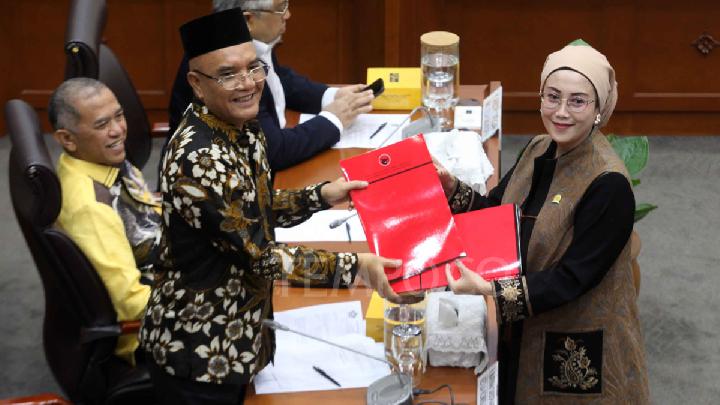
Here is the list of the top 3 news on Tempo English today.
The Details About the Establishment of Indonesia's Ministry of Hajj and Umrah
5 hari lalu

The formation of this new Ministry of Hajj and Umrah for Indonesia is targeted to be completed within 30 days.
Hajj Corruption: KPK to Investigate ICW Report on Catering and Accommodation Procurement
5 hari lalu
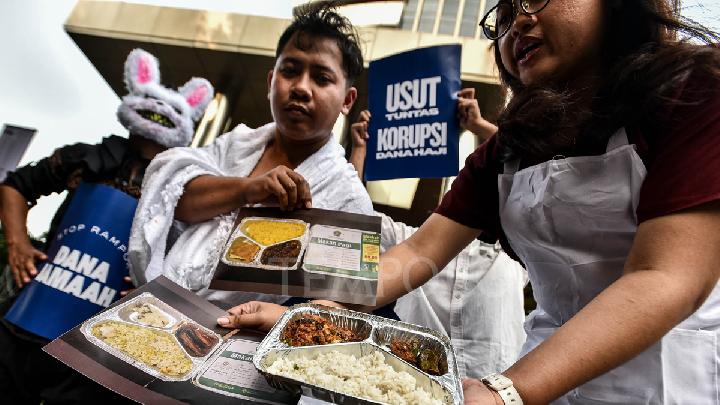
ICW reports alleged corruption in the organization of the 2025 hajj to the KPK, as it is suspected to have caused state losses amounting to Rp 306 billion.
Why the Indonesian Govt and DPR Established the Ministry of Hajj and Umrah
5 hari lalu
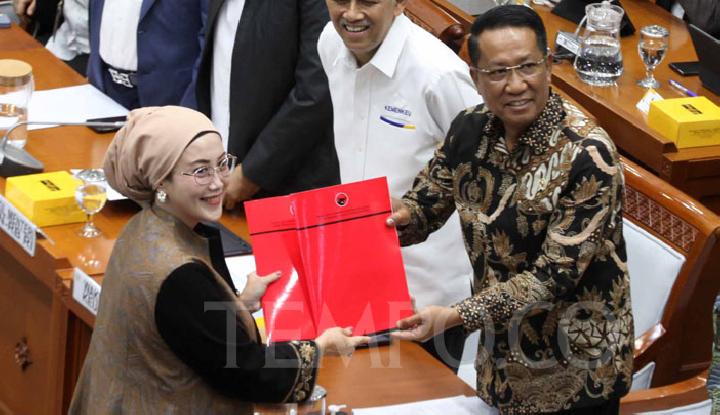
A collaboration between the Working Committee of Commission VIII of the Indonesian House of Representatives (DPR) and the Government has resulted in an agreement on the necessity of a ministry for hajj and umrah.
Prabowo Secures Replacement for Fired Deputy Minister Immanuel Ebenezer
5 hari lalu
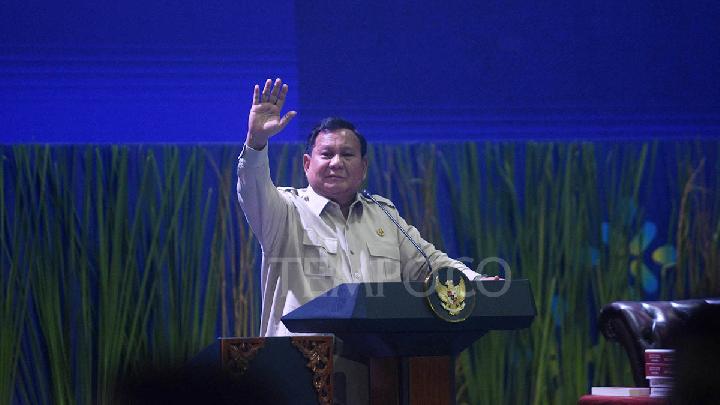
"Yes, just be assured. It's all been taken care of," Prabowo told reporters.
KPK: Hajj Quota Corruption Prevents 8,400 Pilgrims from Traveling After 14 Years in Line
6 hari lalu
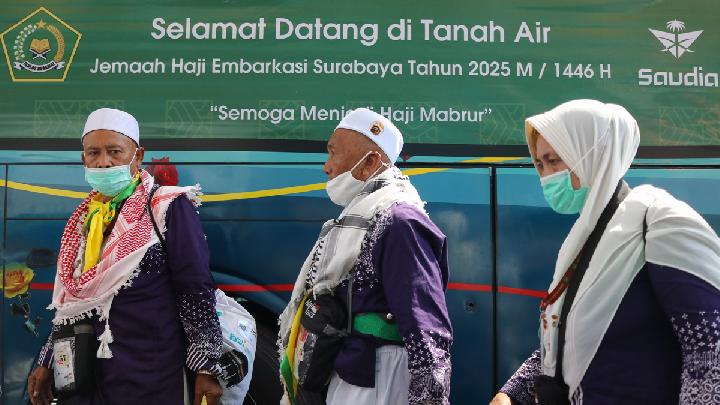
KPK revealed that 8,400 pilgrims missed the 2024 hajj due to misallocated Saudi quota. Many had waited more than 14 years for their turn.
Indef: Indonesia Danantara's Plan to Build Hajj Village Deserves Support
6 hari lalu
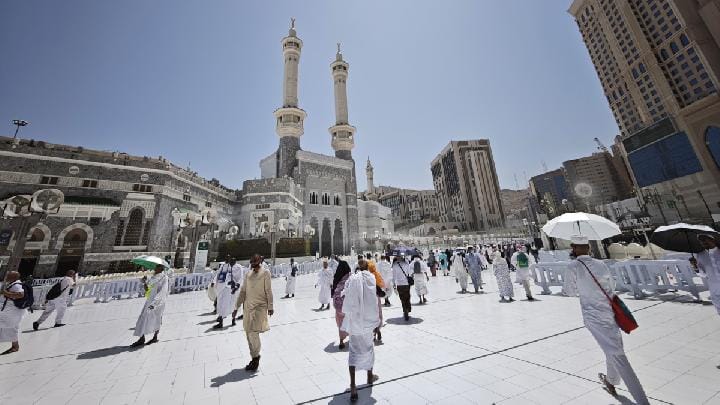
CSED Indef says that the Danantara's plan to develop Indonesian Hajj Village in Mecca, Saudi Arabia, deserves support.
Why Saudi Arabia Warned the Indonesian Government Over Hajj
7 hari lalu

Saudi Arabia had threatened to reduce Indonesia's Hajj quota.






